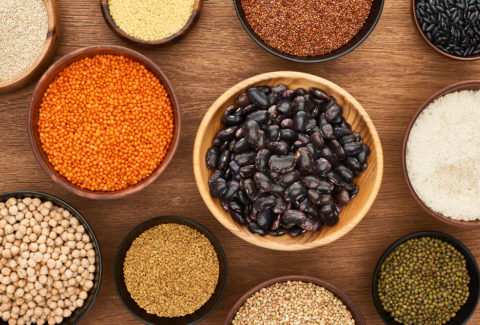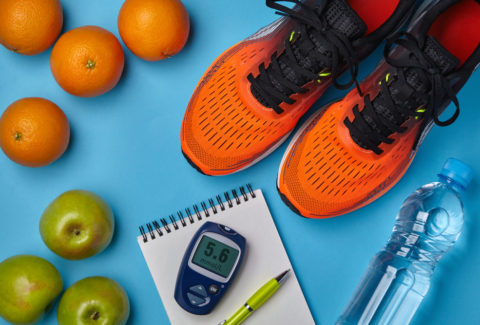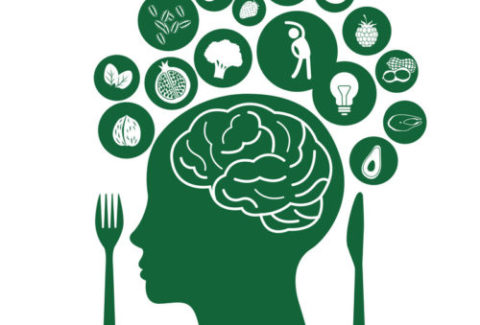Preparing for Fasting: Steps and Guidelines
Before embarking on a fasting journey, thorough preparation is essential to ensure your body remains nourished and hydrated throughout the process. Whether you’re considering intermittent fasting[1], a short-term fast[2], or an extended fast[3], follow these steps to prepare effectively:
Consult a Healthcare Professional:
Before commencing any fasting regimen, consult with your doctor, especially if you have underlying medical conditions, take medications, or are pregnant. Personalized guidance based on your health status is crucial.
Select the Optimal Fasting Method:
Choose a fasting method that aligns with your health goals, lifestyle, and comfort level.[4] If you’re new to fasting, start with shorter periods before attempting longer ones.
Set a Clear Duration:
Decide on the duration of your fast, whether it’s a few hours, a full day, or several days. Having a specific goal will help you mentally prepare for the fast.[5]
Prioritize Hydration:
In the days leading up to your fast, focus on staying hydrated by drinking plenty of water. Adequate hydration is vital for your overall well-being.
Gradually Reduce Caffeine and Sugar:
If you regularly consume caffeine or sugary beverages, reduce your intake gradually to avoid withdrawal symptoms. Plan for caffeine sources without added sugar or milk.
Eat Nutrient-Dense Foods:
Consume nutrient-rich foods before fasting, including whole grains, lean proteins, fruits, vegetables, and healthy fats. Avoid starting your fast after a sugary meal; opt for a healthier diet beforehand.
Avoid Overeating:
In the meal before your fast, avoid overindulging or consuming heavy, greasy foods. Opt for a balanced and moderate meal to prevent discomfort during fasting.[6]
Prepare for Electrolytes:
If planning an extended fast, have electrolyte-rich drinks available to maintain electrolyte balance. Options like coconut water, electrolyte supplements, and broths can provide essential minerals.
Set Your Fasting Window:
If practicing intermittent fasting, choose a fasting window that fits your routine and preferences. Customize your approach based on your lifestyle.
Mental Preparation:
Fasting can be mentally challenging, especially for beginners. Prepare mentally by setting intentions, visualizing success, and creating a supportive environment.
Prioritize Rest and Self-Care:
During fasting, prioritize rest and self-care. Engage in relaxing activities like stretching, meditation, or light walking. Keep your exercise routine in check and consider skipping it if you’re new to fasting.
Break the Fast Carefully:
Plan how you’ll break your fast with a small, balanced meal containing easily digestible foods. Avoid heavy or greasy meals immediately after fasting.
Listen to Your Body:
Pay attention to your body’s signals throughout the fasting process. If you feel unwell or experience discomfort, stop the fast and seek medical attention if necessary. Learn to distinguish between emotional reasons and genuine physical needs.
Trial and Error:
Understand that fasting is a learning process. Ending a fast prematurely is not failure; it’s part of the process. Consider fasting with a partner for support.
Lastly, always prioritize your individual health and needs. Consult your primary care doctor before making significant changes to your eating patterns.
What’s Next:
- Explore Our Ongoing Physical Wellness Certificate Course
- Review Past Articles: Delve deeper into nutrition and well-being by revisiting previous articles in this series.
- Stay Informed: Keep up with the latest research and recommendations on nutrition for optimal health.
- Client Conversations: Engage in regular conversations with your clients about nutrition, helping them overcome obstacles to healthier eating habits.
Remember, as clinicians, your awareness and understanding of nutrition are essential for inspiring positive transformations in both you and your patients. This series equips you with the tools needed to empower change and optimal well-being.
Until the next article, let’s continue our quest for discovery and healing through the power of nutrition.
[1] Liu, Kai, Bo Liu, and Leonie K. Heilbronn. “Intermittent fasting: what questions should we be asking?.” Physiology & behavior 218 (2020): 112827.
[2] Chaix, Amandine. “Fasting is an under-utilized health tool that can change your life.”
[3] Moore, Jimmy, and Jason Fung. The complete guide to fasting: Heal your body through intermittent, alternate-day, and extended fasting. Simon and Schuster, 2016.
[4] Torres, Luisa, et al. “Retention, Fasting Patterns, and Weight Loss with an Intermittent Fasting App: Large-Scale, 52-Week Observational Study.” JMIR mHealth and uHealth 10.10 (2022): e35896.
[5] Clayton, D. J., W. J. A. Mode, and T. Slater. “Optimising intermittent fasting: evaluating the behavioural and metabolic effects of extended morning and evening fasting.” Nutrition Bulletin 45.4 (2020): 444-455.
[6] Domaszewski, Przemysław, et al. “Effect of a six-week intermittent fasting intervention program on the composition of the human body in women over 60 years of age.” International journal of environmental research and public health 17.11 (2020): 4138.







